Grammar | Verb Tenses | Verbs
Finished and Unfinished Past Time In English Verb Tenses
You need to understand the difference between FINISHED and UNFINISHED PAST TIME in order to learn how to...
No products in the cart.

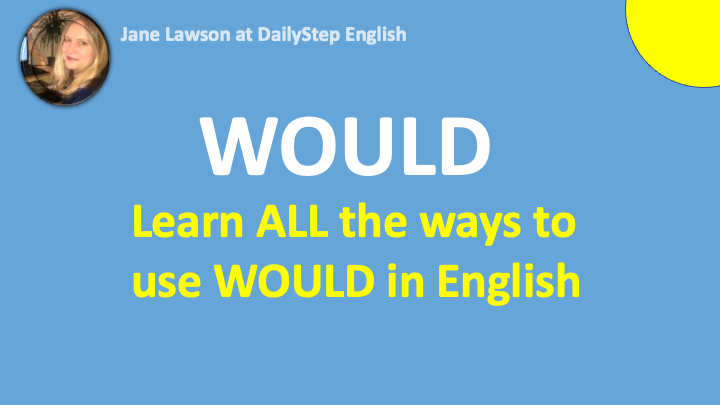
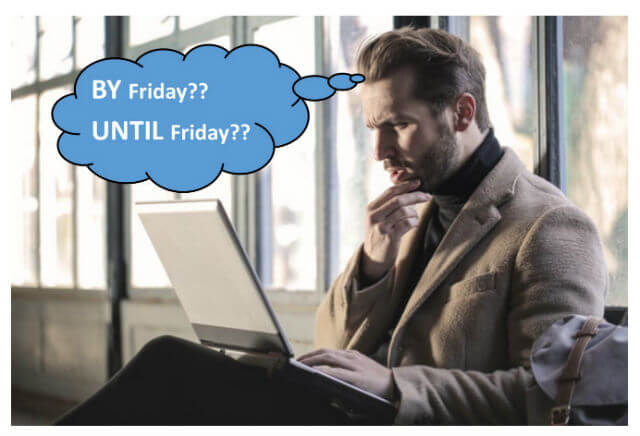
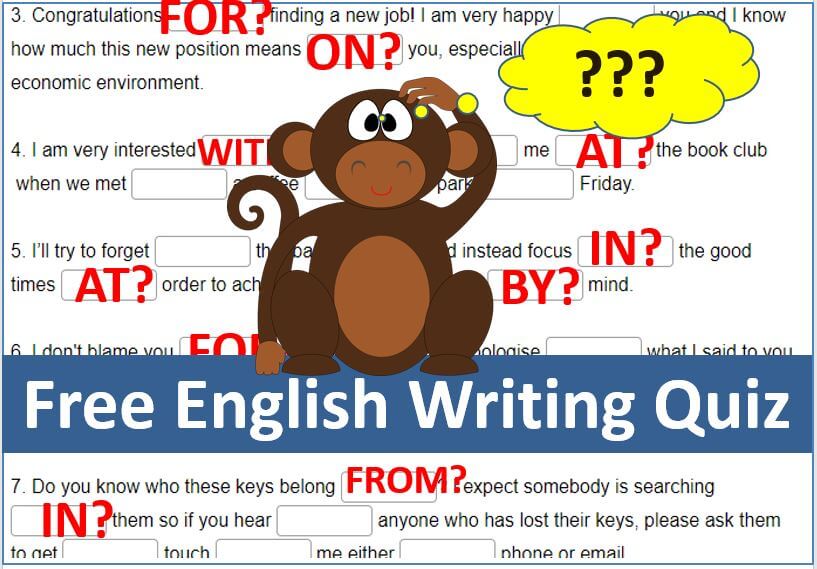

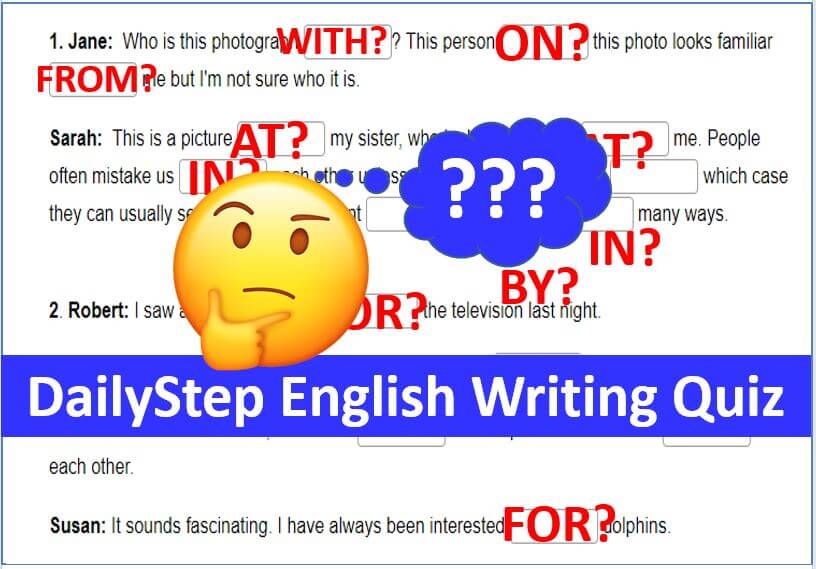
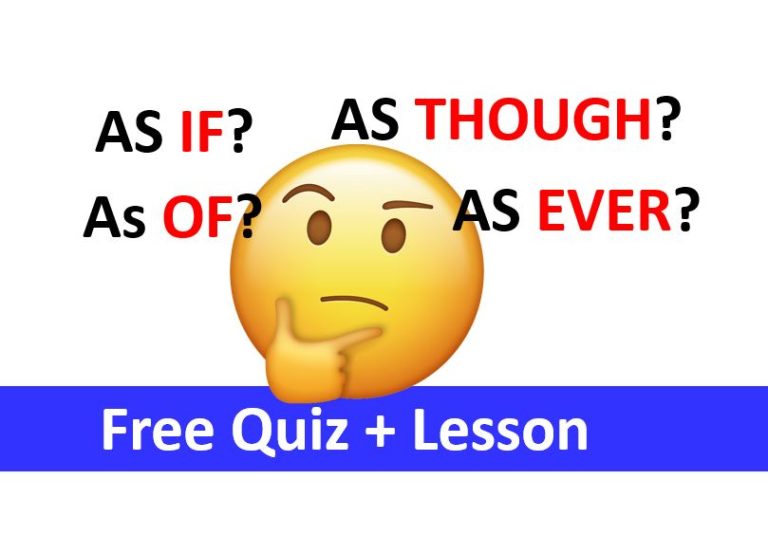
What is the difference between AS IF, AS EVER, AS THOUGH and AS OF in English? And how...
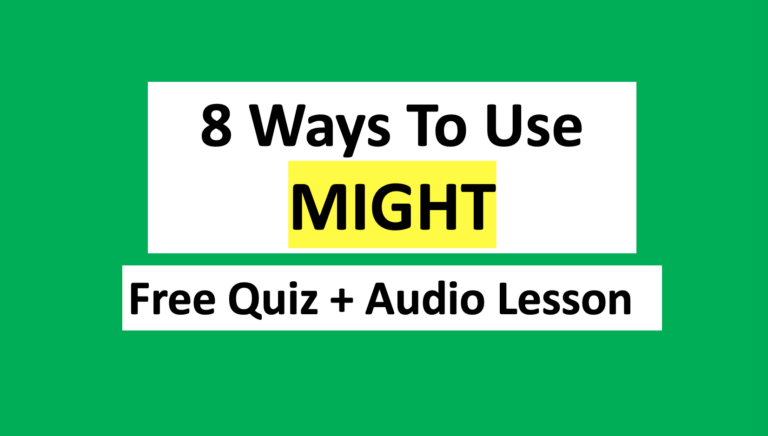
End of content
End of content